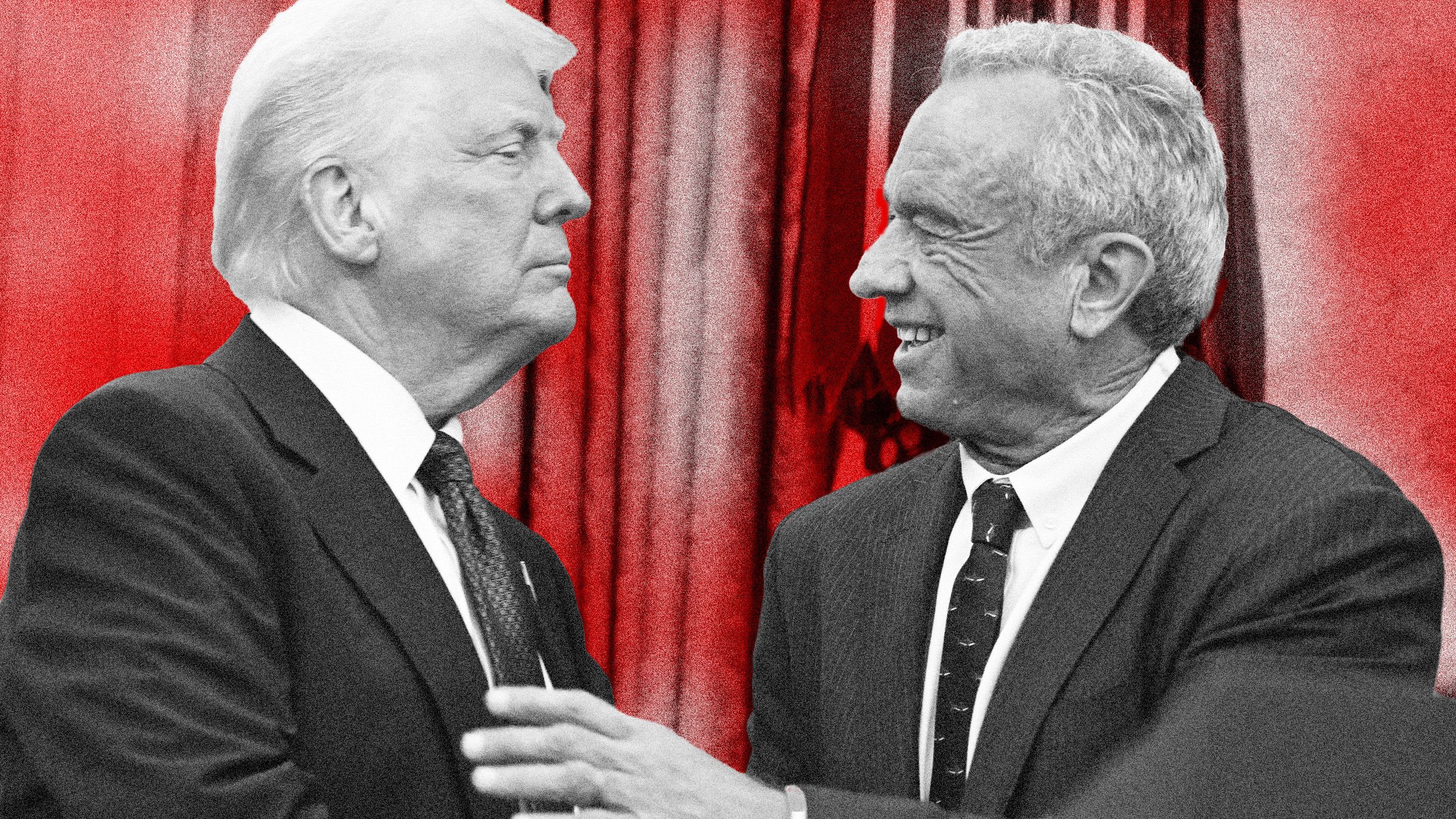Balancing Privacy and Security: The Complex Landscape of Data Sharing in Government
 The Tech Times
The Tech Times
In a controversial move, Robert F. Kennedy Jr. has directed the Department of Health and Human Services (HHS) to share Medicaid data of undocumented migrants with the Department of Homeland Security (DHS). This decision has sparked a heated debate about privacy, security, and the ethical implications of using sensitive health data for immigration enforcement. As we navigate this intricate issue, it is crucial to consider the historical context and potential ramifications of such policy decisions.
The intersection of health data and national security is not a novel concept. Historically, government agencies have sought access to personal data under the guise of security measures. Post-9/11, the USA PATRIOT Act allowed unprecedented access to personal data, including health records, to prevent terrorism. Critics argued that these measures infringed on civil liberties, setting a precedent for future government overreach.
Fast forward to today, the political climate surrounding immigration in the United States remains a contentious issue. Proponents of Kennedy's directive argue that sharing Medicaid data with DHS could enhance national security by identifying undocumented immigrants who might pose a threat. However, opponents raise concerns about the potential misuse of sensitive health information and the ethical implications of targeting vulnerable populations.
The debate over privacy versus security is not limited to the United States. Globally, countries grapple with similar challenges. For instance, the European Union's General Data Protection Regulation (GDPR) emphasizes data protection and privacy, setting a high standard for data use and sharing. The GDPR serves as a reminder of the importance of safeguarding personal information, even in the face of security concerns.
In the case of Kennedy's directive, the question remains: does the potential benefit to national security outweigh the risks to individual privacy and trust in government institutions? The answer is not straightforward. While security is paramount, so is the protection of individual rights and freedoms. The potential for misuse of health data could lead to a chilling effect, deterring undocumented immigrants from seeking necessary medical care out of fear of deportation.
Furthermore, the decision to share Medicaid data with DHS could have broader implications for the relationship between government agencies and the public. Trust in public institutions is essential for effective governance. Breaching this trust by prioritizing security over privacy could have lasting consequences, eroding public confidence in government programs and policies.
To navigate this complex landscape, policymakers must strike a balance between security and privacy. Transparency, accountability, and adherence to ethical standards are critical in ensuring that data-sharing initiatives do not compromise individual rights. Moreover, involving stakeholders, including privacy advocates, legal experts, and affected communities, in the decision-making process can lead to more informed and equitable outcomes.
In conclusion, the directive to share Medicaid data of undocumented migrants with DHS highlights the ongoing tension between privacy and security in government policy. As technology continues to evolve and data becomes an increasingly valuable asset, the need for clear, ethical guidelines governing data use and sharing will only grow. Ultimately, the challenge lies in crafting policies that protect national security without sacrificing the fundamental rights and privacy of individuals.
Source: RFK Jr. Orders HHS to Give Undocumented Migrants’ Medicaid Data to DHS
Subscribe to my newsletter
Read articles from The Tech Times directly inside your inbox. Subscribe to the newsletter, and don't miss out.
Written by
